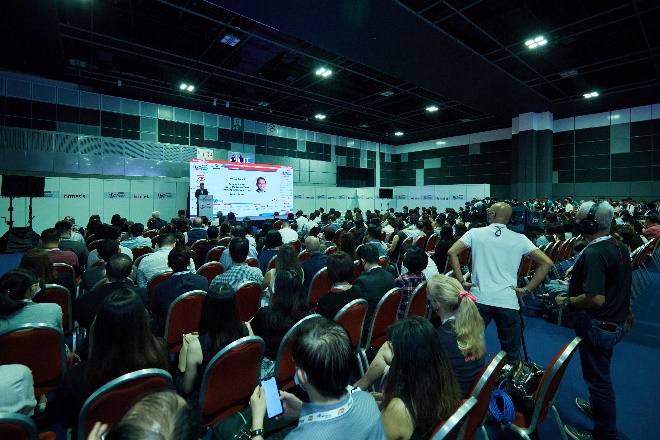Does successful change begin with communicating your message clearly?

“I can’t believe I’m hearing this now. I’ve communicated to absolutely everyone involved. I was crystal clear even on specific details relating to the change. How could it be that anyone is even unclear at this point?”
I have heard some version of this frustration all through my career from change leaders – fresh and experienced ones alike. And yes, I have said it myself. Loudly, and in utter disbelief, that there were unintended, unforeseen reactions despite me and my team having covered all our bases. More often than not, such feedback is received much later than expected, with us left wondering, “Wasn’t everyone supportive and aligned? Why didn’t they express themselves when we announced the change? Is this a culture/group that’s reticent in nature, perhaps?”
With change initiatives, the focus is always on communication. Enter ‘communicating change’ in your search engine, and you are bound to get an endless list of do’s and don’ts. Many of these tips focus on transparency, linking to a broader vision, and having a call to action, to list a few. After all, how will you get buy-in if you do not properly communicate the need for (and value of) the change?
So, why do we still face resistance and confusion (often in a delayed manner), despite well-crafted communication, especially when the change has ‘obvious’ benefits for those involved?
Often, change leaders “sell” change initiatives to a target audience, planning big bang announcements and cascading communications, hoping to see minimal negative reactions. “The briefings went well, nobody raised any objections or questions during the Q&A sessions”, constitutes a ‘win’ for teams delivering change messages.
Do not get me wrong. This approach is certainly required to build initial drive and momentum, but emotions, concerns and resistance often do not come immediately. People start to really feel the impact only when reality sets in.

“Why do we still face resistance and confusion (often in a delayed manner), despite well-crafted communication, especially when the change has ‘obvious’ benefits for those involved?” – Jean Lua, Chief HR Officer, Kredivo
An acquaintance of mine, a supervisor in a regional MNC and someone who believes in the recent changes in his company, confessed, “I am 100% for these changes, I am. Everything makes perfect sense and is clear. It’s just not easy having to fulfill all my responsibilities while trying to handle all these changes. It’s not the big bang change that frightens me. It’s the daily ripple effects that’s ripping me apart – I have to give 150% effort every day. I’m not lazy, but I’m human!”
“I don’t dislike changes, but I honestly hate it when people are trying to convince me it’s good. I am aware they are important; but now I also feel like there’s no space for me to feel negative. If I’m not displaying enthusiasm and eager readiness, I’m worried that I’m seen as not being supportive. It’s just not as simple as flipping on a light switch and voila, everything works,” another friend chimed in.
Ultimately, the most important views come from those who are intimately involved in and affected by the change.
I think these are the questions we need to ask:
- Do they believe in the change now? Once the changes set in, do they still believe in it?
- Do they know what the change means exactly in relation to their respective roles and goals?
- Do they feel they have the right tools, support, and bandwidth to deal with the changes and its ripple effects?
- Do they feel they have the psychological safety to share concerns and negative sentiments?
- Do they have the ability and drive to sustain the efforts required for the change?
Because the truth is, until change leaders have listened, observed, and understood enough to obtain a ‘Yes’ to the questions above, clear communication counts for nothing.
About the Author: Jean Lua is Chief HR Officer, Kredivo. Join her at HR Tech Festival Asia 2023 on May 11 at 2.30pm (SGT), where she will discuss how HR leaders can help their organisations build employee resilience in the face of change.



